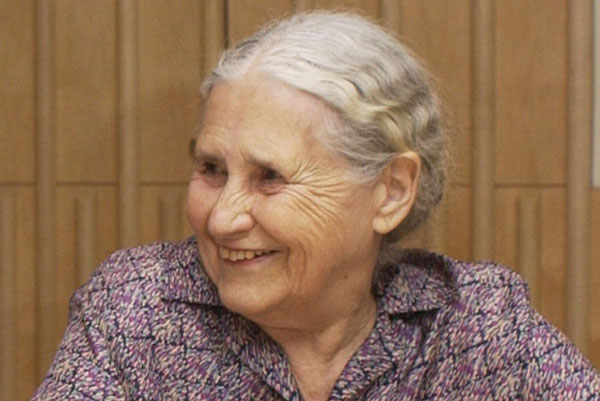
Doris Lessing had a peculiar relationship with Zimbabwe. Born in Persia in 1919, she moved with her parents to the then Southern Rhodesia as a toddler and was to spend her formative years here.
Literary Forum by Bookworm
After two failed marriages and a tumultuous relationship with her mother, she decided to move to London in pursuit of a writing career.
Her first novel, The Grass Is Singing, which became an instant success, established Lessing’s reputation as a serious writer, although a bitter blow followed it. Her outspoken views and communist beliefs ultimately led the Rhodesian government to declare her persona non grata and would only return to the country after the demise of colonialism.
The forced exile was a blessing. Lessing turned her decades of unhappiness in Rhodesia into tonnes of world-class literature — scores of novels, memoirs, poetry, librettos, and plays — ultimately winning the Nobel Prize for Literature in 2007.
Though banished from Rhodesia, she never lost love for the land of her childhood and youth.
The old colonial regime that had ejected her eventually succumbed to the forces of black nationalism. In her travelogue African Laughter, Lessing recounts four subsequent visits she made to post-independence Zimbabwe in 1982, 1988, 1989 and 1992.
She was returning to a new country, but in a sense it was also a Proustian journey to the past, a search for the fountainhead of her own creativity and sensibilities.
- Chamisa under fire over US$120K donation
- Mavhunga puts DeMbare into Chibuku quarterfinals
- Pension funds bet on Cabora Bassa oilfields
- Councils defy govt fire tender directive
Keep Reading
It is not surprising that Zimbabwe is the backdrop of Lessing’s fiction. The bulk of her writing output spanning six decades drew on her memories as a young woman growing up in the farmlands of Zimbabwe.
Upon her death in 2013, her literary estate bequeathed more than 3 500 books from her personal collection to the Harare City Library. This last gift from Lessing to Zimbabwe consolidates her enduring connection to the country. She was deeply interested in giving back.
Until her demise she was active in promoting literacy and distribution of books in Zimbabwe.
She recounts some of the initiatives in her Nobel speech which was an open letter to the world about her love for Zimbabwe.
This gesture may be symbolical as it is valuable. Public libraries in Zimbabwe have been strained by years of neglect and underfunding while operating with no budgets to procure new books.
Publishing and writing flourished for some time in Zimbabwe after it became an independent state in 1980. For two decades the Zimbabwe International Book Fair was Africa’s preeminent book fair.
Unfortunately, the ruinous policies of Robert Mugabe’s regime have severely undermined the country’s economy, affecting every aspect of local life and making it impossible for the country to maintain its high level of literacy.
However, after two years of sorting and cataloguing the Doris Lessing Special Collection at the Harare City Library is finally open to the public. l Feedback: [email protected]











